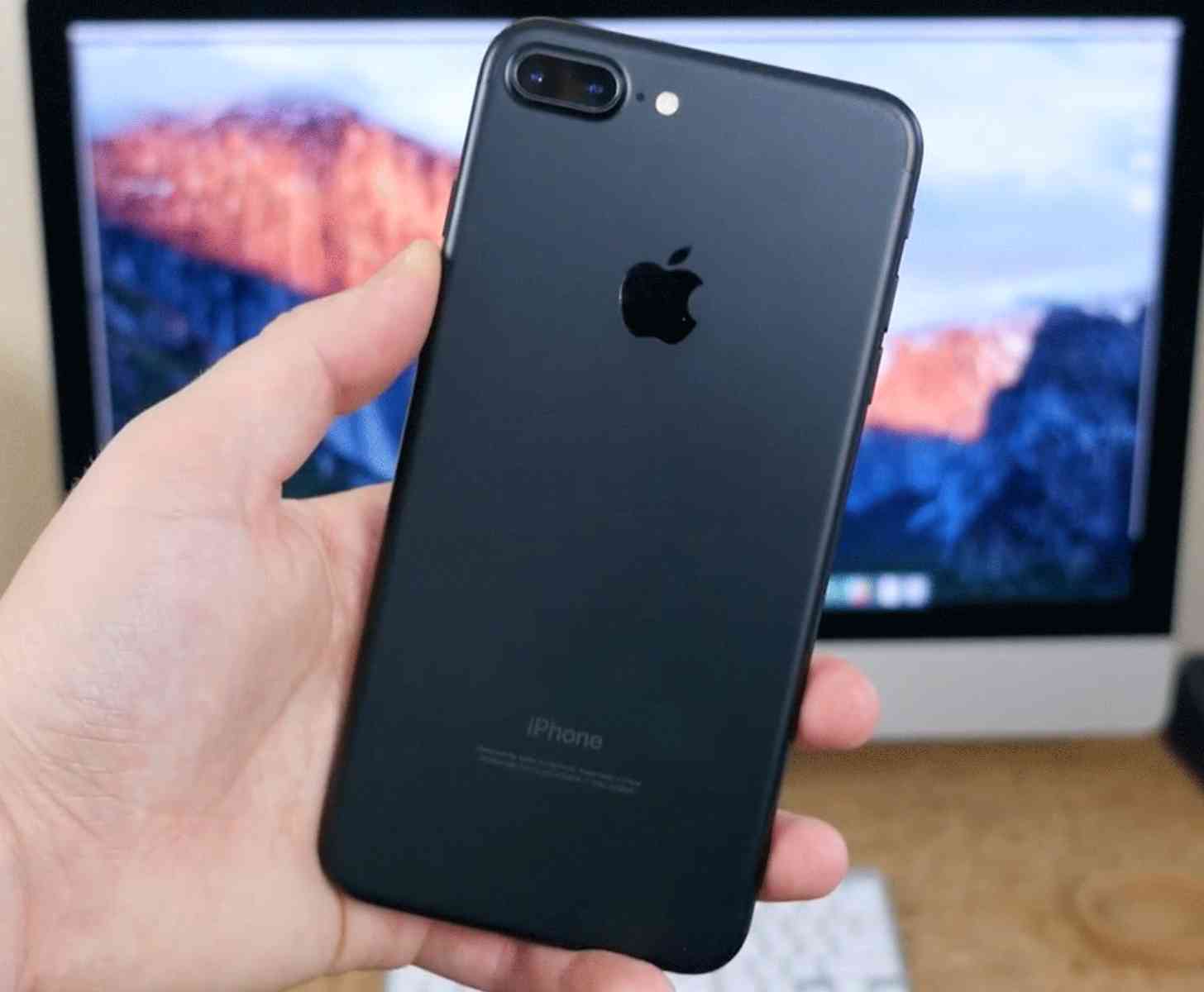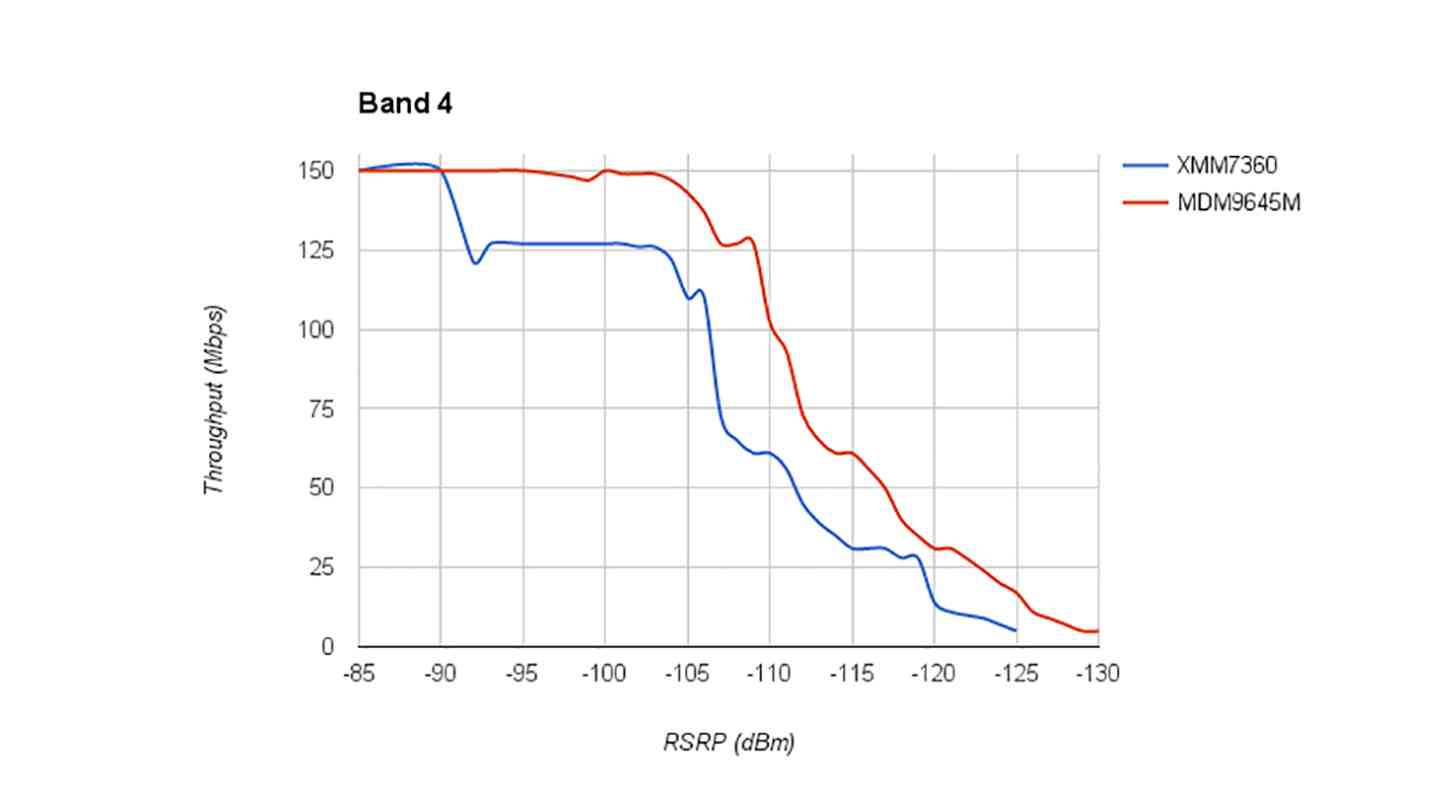
Apple is offering two versions of the iPhone 7 in the US: one with an Intel modem and one with a Qualcomm modem. And according to a new report, the latter version offers better cellular performance than the former.
Cellular Insights compared two different iPhone 7 Plus models, one with an Intel XMM7360 modem and one with a Qualcomm MDM9645M modem. The tests were conducted with signal testing equipment on LTE bands 4, 7, and 12, and the phones were compared at different signal strengths.
According to this report, both the Intel modem and Qualcomm modem performed similarly when they had a strong signal. However, as the signal got weaker, cellular performance of the Intel modem dropped off much farther than the Qualcomm modem.

On LTE band 4 at -110dBm, the Intel modem put up speeds of around 60Mbps, while the Qualcomm modem was putting up speeds of 100Mbps. The story was similar with LTE band 12 performance, the Intel modem saw speeds of around 36Mbps at -110dBm, while the Qualcomm model put up speeds of around 64Mbps.
According to this report, the average performance difference between the two modems was around 30 percent. “In all tests, the iPhone 7 Plus with the Qualcomm modem had a significant performance edge over the iPhone 7 Plus with the Intel modem,” explains Cellular Insights.
The iPhone 7 with the Intel modem is the model for AT&T and T-Mobile, while the iPhone 7 with the Qualcomm modem is the version for Sprint and Verizon. Qualcomm’s modem is also in the SIM-free iPhone that Apple sells on its website.
Apple hasn’t revealed why it’s using Intel modems in some iPhone 7 models and Qualcomm modems in others. Judging by the results of today’s report, though, it’s the Qualcomm modem that you want to get if you’re buying a new iPhone 7 or iPhone 7 Plus. That means that Sprint and Verizon customers are good to go, but if you’re on AT&T or T-Mobile and want a device with a Qualcomm modem, you’ll need to buy SIM-free from Apple.